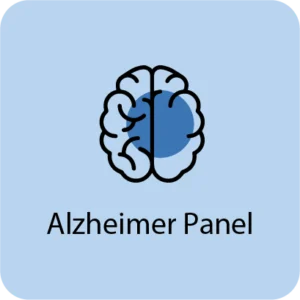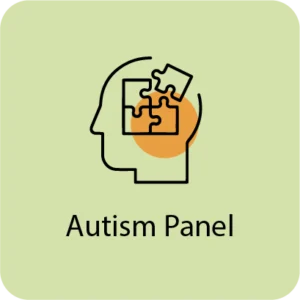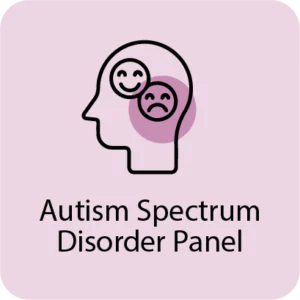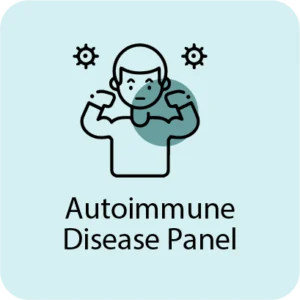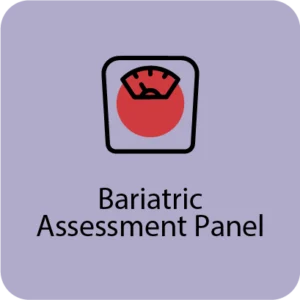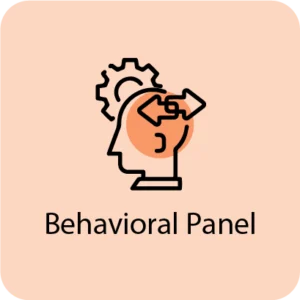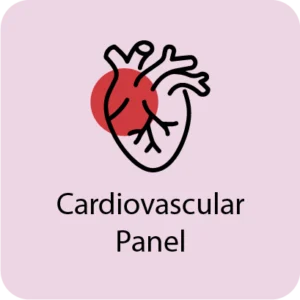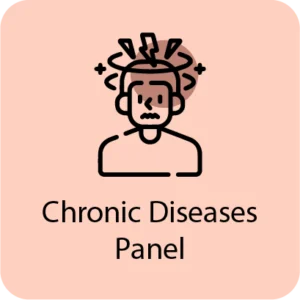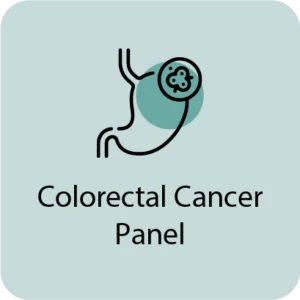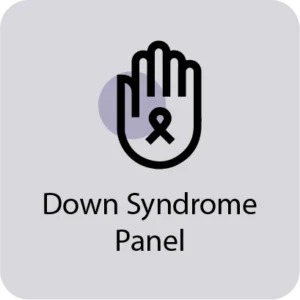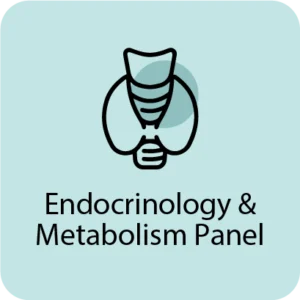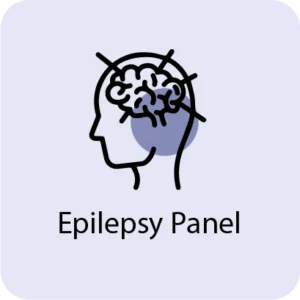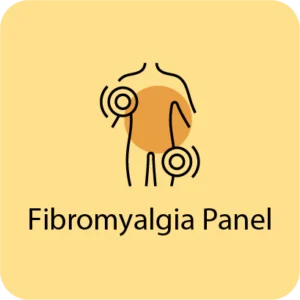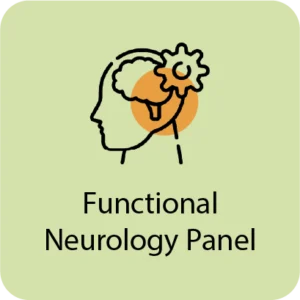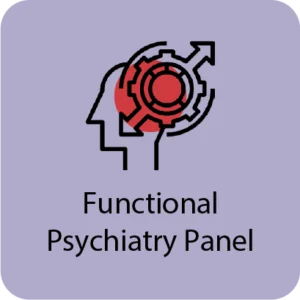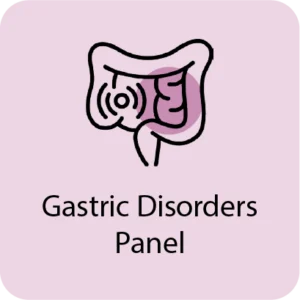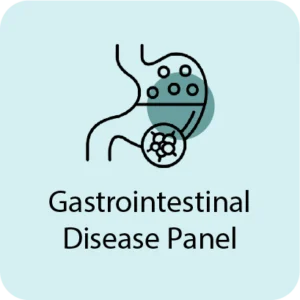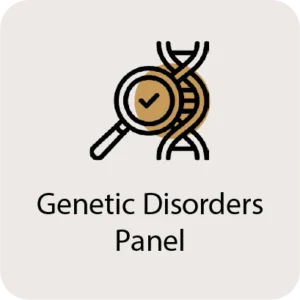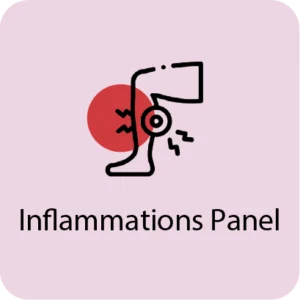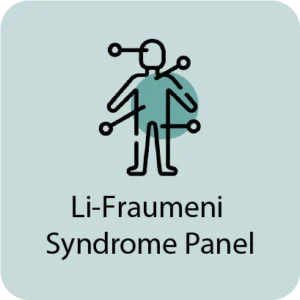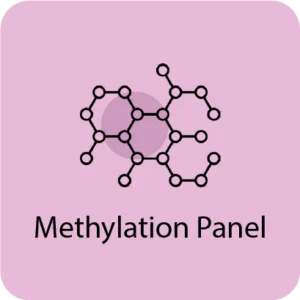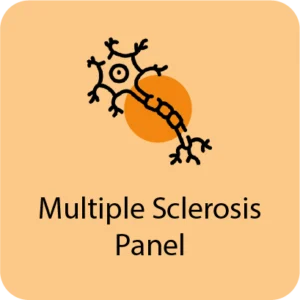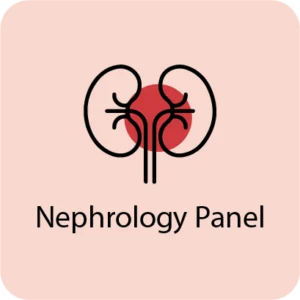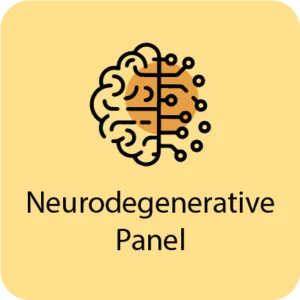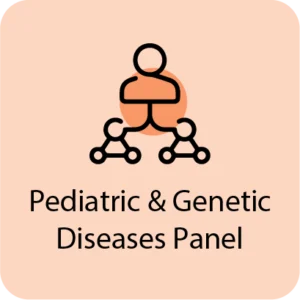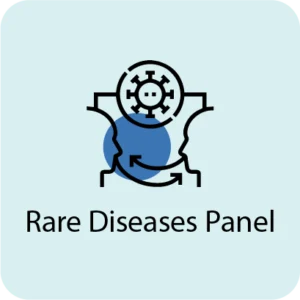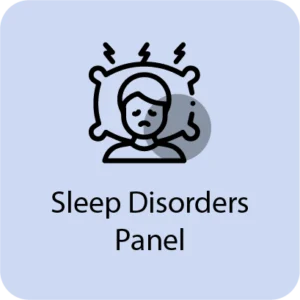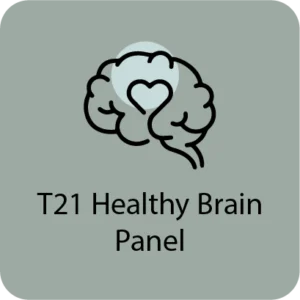Behavioral
Behavioral health encompasses the emotional, psychological, and social well-being of individuals, influencing. It depends on how they think, feel, and act in various situations. This health category encompasses a wide range of conditions. They include common stressors to severe mental illnesses and play a vital role in overall health and quality of life.
What is Behavioral Health?
Behavioral health refers to the interplay between emotional, psychological, and social factors. This influences individuals’ mental well-being and behavior. The act encompasses a spectrum of conditions, from everyday stressors and challenges to severe mental illnesses, and encompasses both positive and negative aspects of mental health.
Importance of Behavioral Health:
- Overall Well-Being: Some of the behavioral health is well integral to overall well-being. This impacts on how individuals cope with stress, maintaining relationships, and navigating life’s challenges.
- Physical Health: Behavioral health directly influences physical health outcomes, with conditions including anxiety, stress, and depression. This all contributes to the onset and progression of chronic diseases.
- Social Functioning: Healthy behavioral patterns are much needed for effective communication, interpersonal relationships, and social integration.
- Productivity and Performance: Some of the optimal behavioral health is well linked to enhanced productivity, performance, and academic achievement in various domains of life.
- Quality of Life: Some of the positive behavioral health fosters resilience, adaptability, and a sense of purpose, and boosts individuals’ overall quality of life.
Common Conditions in Behavioral Health:
- Depression and Anxiety Disorders: These issues are among the most prevalent mental health conditions. They are characterized by persistent feelings of sadness, worry, or fear that interfere with daily functioning.
- Substance Use Disorders: It involves the misuse or dependence on alcohol, drugs, or other substances. It shall all lead to significant impairment in mental, physical, and social functioning.
- Trauma-Related Disorders: It includes post-traumatic stress disorder (PTSD), which is from exposure to traumatic events and it can also manifest in symptoms including flashbacks, nightmares, and several avoidance behaviors.
- Psychotic Disorders: It includes schizophrenia that involves disturbances in perception, thought processes, and reality testing. This in all leads to hallucinations, delusions, and disorganized thinking.
- Eating Disorders: Like bulimia nervosa, anorexia nervosa, and binge eating disorder, are some of the characterized by dysfunctional eating behaviors and other distorted body image.
Let’s delve into various aspects of behavioral health, exploring categories such as:
Professional Behavior:
This encompasses the conduct and attitudes individuals exhibit in professional settings. It includes factors like communication skills, leadership abilities, teamwork, ethics, and adherence to professional standards and norms.
Neurological Conditions:
The effects of this structure and function of the nervous system, lead to changes in behavior, cognition, and physical function. Examples include epilepsy, multiple sclerosis, Parkinson’s disease, and traumatic brain injury.
Neurotransmitters:
It is the chemical messengers that transmit signals. They work between nerve cells in the brain and body. Some of these Imbalances or dysfunctions in neurotransmitter levels can further impact mood, cognition, behavior, and overall mental health. Other common neurotransmitters include dopamine, serotonin, norepinephrine, and gamma-aminobutyric acid (GABA).
Behavioral Conditions:
It refers to patterns of behavior that deviate from societal norms or expectations. It might also lead to distress or impairment. Examples include attention-deficit/hyperactivity disorder (ADHD), conduct disorder, oppositional defiant disorder (ODD), and disruptive mood dysregulation disorder (DMDD).
Psychiatric Conditions:
Such conditions are mental health disorders characterized by disturbances in mood, thought, or behavior. These issues might have psychological, biological, and environmental causes.
Psychiatric Syndromes:
They are clusters of symptoms that might occur together and are characteristic of specific mental health disorders. Such syndromes might all include mood disturbances, psychotic features, cognitive impairments, or behavioral changes. They include manic episodes, panic attacks, dissociative episodes, and psychotic breaks.
Personality Traits:
It endures a pattern of feelings, thoughts, and behaviors that define an individual’s unique personality. These traits influence how individuals perceive and interact with the world around them. Examples include extraversion, openness, neuroticism, agreeableness, and conscientiousness.
Addictions:
They include some compulsive behaviors or substance use disorders that are well characterized by an inability to control cravings, despite negative consequences. Other common addictions include substance abuse (e.g., alcohol, drugs), internet addiction, gambling addiction, and compulsive eating disorders (like binge eating disorder).
Emotional Health:
This refers to the ability to understand, manage, and express emotions healthily and adaptively. It includes recognizing and coping with stress, building resilience, regulating mood, and fostering positive relationships.
Conflicts:
They arise from disagreements or disputes between individuals or groups and may manifest in various settings. Some of it includes relationships, workplaces, or communities. Effective conflict resolution strategies shall promote understanding, communication, compromise, and collaboration.
Disorders:
Disorders shall encompass a wide range of mental health conditions. They significantly impact mood, behavior, cognition, or functioning. Such conditions might need professional intervention and treatment to alleviate symptoms. They improve quality of life too.
Strategies for Maintaining Behavioral Health:
- Self-Care Practices: Engaging in various self-care activities, like exercise, relaxation techniques, and hobbies. They promote emotional resilience and stress management.
- Social Support: Cultivating supportive relationships and seeking help from your family, friends, or the support of those groups shall enhance coping skills and also provide a sense of belonging.
- Healthy Lifestyle Choices: Prioritizing healthy habits, like balanced nutrition, regular physical activity, adequate amount of sleep, and avoiding substance misuse, supports overall well-being.
- Mindfulness and Meditation: Practicing mindfulness and meditation techniques fosters self-awareness, emotional regulation, and mental clarity.
- Professional Support: From the therapists, counselors, or psychiatrists, offers personalized interventions and treatment options for managing behavioral health conditions.
Focused Categories at LifeCode with solutions provided:
KIDS HEALTH:
- Kids’ health focuses on the physical, emotional, and social well-being of children and adolescents. It includes promoting healthy growth and development and addressing common childhood illnesses and conditions. It also depends on supporting mental and emotional resilience.
- We are dedicated to promoting the physical, emotional, and social well-being of children and adolescents. Through preventive care, early intervention, and family-centered support, we strive to nurture healthy growth and development in our young patients.
CARDIAC HEALTH:
- Cardiac health pertains to the health and function of the heart and circulatory system. This includes preventing cardiovascular diseases like heart attacks, strokes, and hypertension through lifestyle modifications, early detection, and management of risk factors.
- We prioritize cardiac health by offering comprehensive services aimed at preventing cardiovascular diseases and optimizing heart function. Through personalized assessments, lifestyle interventions, and advanced treatment options. We further empower our patients to maintain a healthy heart and circulatory system.
LIFESTYLE HEALTH:
- Lifestyle health emphasizes the importance of healthy habits and behaviors in promoting overall well-being. It includes maintaining a balanced diet, regular physical activity, adequate sleep, stress management, and avoiding harmful substances like tobacco and excessive alcohol.
| Categories | Conditions Observed |
|---|---|
| Professional | Openness to New Experiences |
| Openness to new experiences (Feelings, Actions and Ideas) | |
| Increased Environmental Sensitivity | |
| Self confidence | |
| Ability to Solve Problems | |
| Challenging behavior | |
| Obsessive behavior | |
| Creativity | |
| Distrust | |
| Disinhibition | |
| Manual dexterity | |
| Difficulties in Dealing with Criticism | |
| Ability to Accept Criticism | |
| Cognitive Empathy | |
| Entrepreneurship | |
| Stress | |
| Extroversion | |
| Leadership gene | |
| Cognitive skills, attention and memory | |
| Mathematics Skill | |
| Impulsivity | |
| Intelligence – IQ | |
| Greater learning from mistakes | |
| Memory (long term, logic) | |
| Opportunism | |
| Perfectionism | |
| Willingness to avoid mistakes (worse red) | |
| Resilience | |
| Optimism Trend | |
| Decision making with greater risk | |
| Statistical Association with Vehicle Accidents | |
| Adaptive Capacity | |
| Self-discipline at work | |
| Cognitive Flexibility | |
| Organization | |
| Concern for Details | |
| Neurological Conditions | Morning Chronotype |
| Night chronotype | |
| Dyslexia | |
| Sleep disorder | |
| Motion sickness | |
| Hyperactivity | |
| Early Wake Up Time | |
| Time to sleep later | |
| Insomnia | |
| Longer Sleep Duration (Greater Need) | |
| Greater Stimulus with Caffeine | |
| Increased Probability of Fatigue | |
| Memory | |
| Memory (traumatic) | |
| Memory (verbal) | |
| Visuospatial Working Memory | |
| Episodic memory | |
| Less Need for Sleep Hours | |
| Oxytocin | |
| Tendency to sleep late | |
| Type A Personality | |
| Type D Personality | |
| Neurotransmitters | Dopamine conversion |
| Dopamine Synthesis | |
| Dopamine receptors | |
| Dopamine degradation | |
| Dopamine transporters | |
| Serotonin degradation | |
| Serotonin receptors | |
| Serotonin Synthesis | |
| Serotonin Transporters | |
| Behavioral Conditions | Pleasantness (Acceptability) in Men |
| Pleasantness (Acceptability) in Women | |
| Happiness | |
| Musical Aptitude | |
| Lack of sensitivity to children | |
| Prosocial behavior | |
| Dance | |
| Empathy | |
| Fear of Uncertainties | |
| Lesser Sexual Desire (Female) | |
| Loneliness | |
| Shame | |
| Exploratory Behavior (Novelty Search) | |
| Migratory behavior | |
| Generosity | |
| Fears | |
| Sociability | |
| Trend of Physical Activity Practice at Leisure | |
| Introversion | |
| Psychiatric Conditions | Anorexia Nervosa |
| Cataplexy and Narcolepsy (sleep) | |
| Depression | |
| Late dyskinesia | |
| Epilepsy | |
| Schizophrenia | |
| Risk of Depression with Parental Divorce | |
| Suicidal tendencies and thoughts | |
| Attention Deficit | |
| Anxiety | |
| Psychiatric Syndromes | Brunner Syndrome |
| Panic Syndrome | |
| Tourette’s Syndrome | |
| Personality Traits | Personality Trait: Extraversion |
| Personality Trait: Positive Emotions | |
| Personality Traits: Hostility, Impulsiveness, Anxiety | |
| Personality Trait: Assertiveness | |
| Personality Trait: Conscientiousness | |
| Personality Trait: Openness, Altruism, Confidence, and Modesty | |
| Adictions | Addition to Heroin |
| Addition to Tobacco | |
| Alcoholism | |
| Cocaine addiction | |
| Nicotine Dependence | |
| Symptoms of Withdrawal in Alcoholism | |
| Addiction tendency (gambling, alcohol, smoking) | |
| Alcohol Aversion | |
| Emotional | Emotional Insensitivity |
| Emotional Insecurity | |
| Emotional Maturity | |
| Emotional Negativity | |
| Emotional Vulnerability | |
| Relationship Difficulty | |
| Conflicts | Aggressiveness |
| Aggression with alcohol consumption | |
| Antisocial behavior | |
| Externalizing Behavior | |
| Self-centeredness | |
| Indifference | |
| Neuroticism | |
| Anger | |
| Harshness | |
| Explosive Temperament | |
| Greater Tendency to Lie | |
| Disorders | Seasonal Affective Disorder (SAD) |
| Bipolar disorder | |
| Social Anxiety Disorder (Social Phobia) | |
| Binge Eating Disorder | |
| Attention Deficit Hyperactivity Disorder (ADHD) | |
| Mood Disorder | |
| Internalizing Disorder | |
| Obsessive-Compulsive Disorder (OCD) | |
| Oppositional Defiant Disorder (ODD) | |
| Transtorno de Personalidade Borderline |
What is a behavioral genetic test, and how does it differ from traditional psychological assessments
A behavioral genetic test evaluates genetic predispositions that may influence an individual’s behavior, personality traits, cognitive abilities, and mental health, providing insights into the genetic basis of behavioral characteristics.
Can a behavioral genetic test accurately predict specific behavioral traits or tendencies?
While a behavioral genetic test can provide information about genetic predispositions, it cannot predict with certainty an individual’s behavior or specific personality traits due to the complex interplay of genes and environmental factors.
How can knowledge from a behavioral genetic test inform personalized approaches to mental health and well-being?
Insights from a behavioral genetic test can inform personalized approaches to mental health by identifying genetic risk factors, guiding treatment decisions, and facilitating targeted interventions for prevention and management of mental health disorders.
Can a behavioral genetic test be used to assess risk factors for addiction or substance abuse?
Yes, behavioral genetic tests can identify genetic risk factors associated with addiction susceptibility, substance abuse disorders, and other addictive behaviors, informing prevention strategies and treatment approaches.
Can lifestyle modifications or therapeutic interventions be tailored based on genetic information obtained from a behavioral genetic test?
Yes, genetic information obtained from a behavioral genetic test can inform personalized lifestyle modifications, therapeutic interventions, and behavioral therapies to optimize mental health and well-being outcomes.



